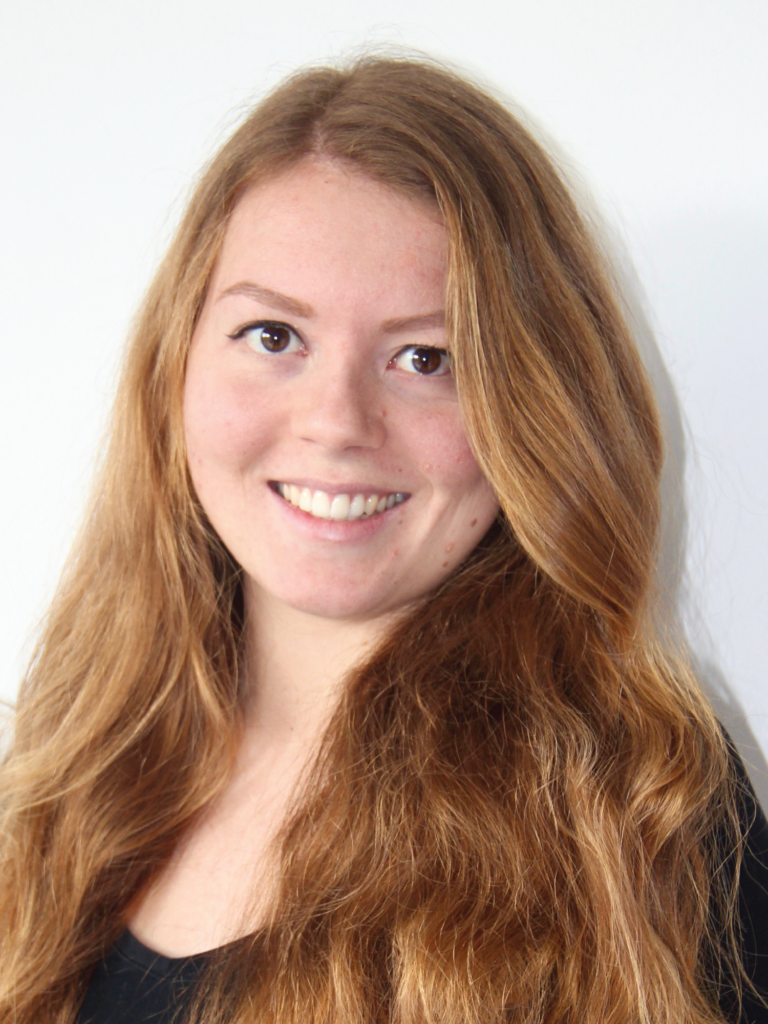How very urgent the situation around climate change is, only dawned upon me at the beginning of 2019 when the international climate movement, inspired by Greta Thunberg, was all over the news. At the time, I was finishing up my Master in Clinical Psychology. The more I started engaging myself with the topic of climate change, the more I was thinking about how I could help to make society more sustainable – and I didn’t just mean in my private life, but also through my work. When I discovered that the University of Groningen offers a Master in Environmental Psychology – the study of the interaction between humans and their natural and built environment – I knew I had found a way to apply my skills and knowledge from the field of psychology to the topic of sustainability. The climate crisis is ultimately a social issue: Tackling it requires the support and collaboration of many people with varying motivations and values, and thus the help of behavioural experts like myself that can make sense of that social dimension.
Last month, more than half a year after I graduated from my Environmental Psychology Master, I joined the NEON consortium as a PhD researcher. When I was looking for work, my main requirement was that the job would enable me to contribute to the sustainable transition on a larger scale, and that is exactly what I have found at NEON: more than 30 dedicated PhDs from various fields working together to accelerate the energy and mobility transition in the Netherlands. In my PhD project, I am investigating the social acceptance of airborne wind energy systems that convert wind energy into electricity through the use of tethered flying devices. As is increasingly seen with wind turbines, the technical solution alone often doesn’t solve an environmental problem if the solution is not in tune with the social setting. My job is therefore to study and map the social implications of airborne wind energy with the help of my two industry partners, Kitepower and Ampyx Power, and my supervisors Dr. Roland Schmehl (TU Delft), Dr. Reint Jan Renes (AUAS), and Dr. Gerdien de Vries (TU Delft). I am looking forward to the coming four years and many exciting collaborations within and outside of NEON.
